Search results for 'de las'
-

Squat & Powder Jars
Starting at: £0.75
-
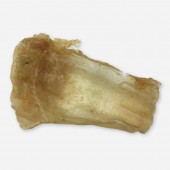
Isinglass
Starting at: £30.10
-
![Roberson Glass muller, medium (7 cm) and small (5 cm) [without logo]](https://www.cornelissen.com/media/catalog/product/cache/1/small_image/170x/9df78eab33525d08d6e5fb8d27136e95/i/m/img-6584.jpg)
Roberson Glass Mullers
Starting at: £25.00
-
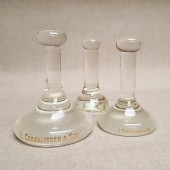
Cornelissen Glass Mullers
Starting at: £24.50
-
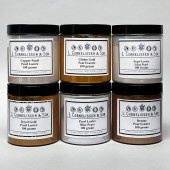
Cornelissen Pearl Lustre Pigments 100g
Starting at: £12.90
-
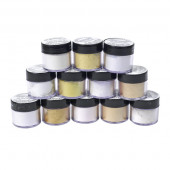
Pearl Lustre Pigments 1 kg
Starting at: £94.00
Call to Order
-
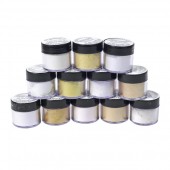
Pearl Lustre Pigments 7g
Starting at: £4.70
-
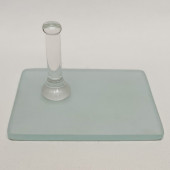
Cornelissen Mini Glass Muller and Slabs
Starting at: £24.00
-

Gamboge Powder
Starting at: £5.20
-
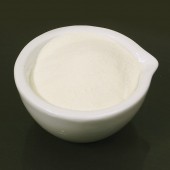
Casein Lactic
Starting at: £15.95
-
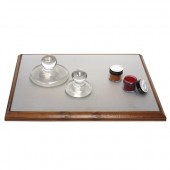
Mixing Slab
Starting at: £24.00
-
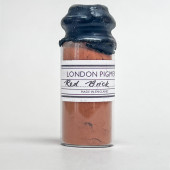
London Pigment, London Red Brick
£18.00 -
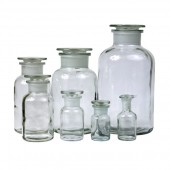
Reagent Jar
Starting at: £6.50
-
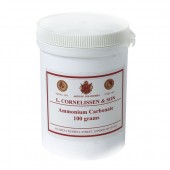
Ammonium Carbonate
Starting at: £9.70
-
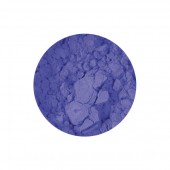
Smalt Light Pigment
Starting at: £5.20
-

Bleached Beeswax
Starting at: £12.30
-
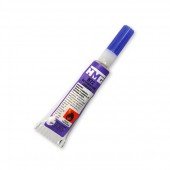
HMG B72 Restoration Adhesive
£7.70 -
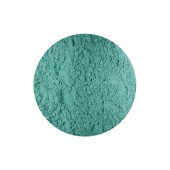
Verdigris Pigment
Starting at: £4.90
-
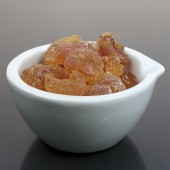
Gum Arabic
Starting at: £6.30
-
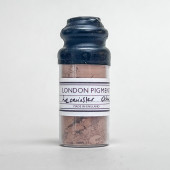
London Pigment, Leominster Ochre Pigment
£18.00
-
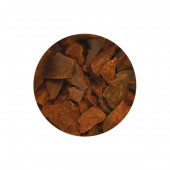
Gamboge Pipe Pieces
Starting at: £22.00
Call to Order
-
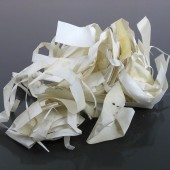
Parchment Clippings
Starting at: £9.90
-
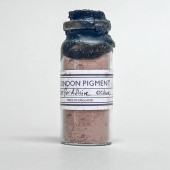
London Pigment, Herefordshire Ochre Pigment
£20.00 -
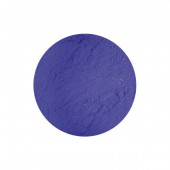
Smalt Dark Pigment
Starting at: £5.30
-
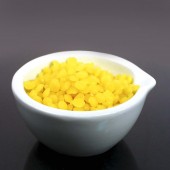
Natural Beeswax
Starting at: £11.20
-
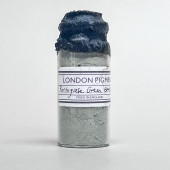
London Pigment, Portuguese Green Earth Pigment
£20.00 -
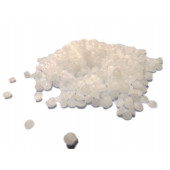
Microcrystalline Wax
Starting at: £8.50
-
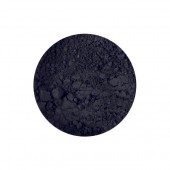
Ivory Black Genuine Pigment
Starting at: £38.00
-
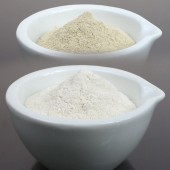
Gum Tragacanth
Starting at: £20.00
Call to Order
-
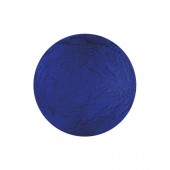
Blue Verditer Pigment
Starting at: £7.50




